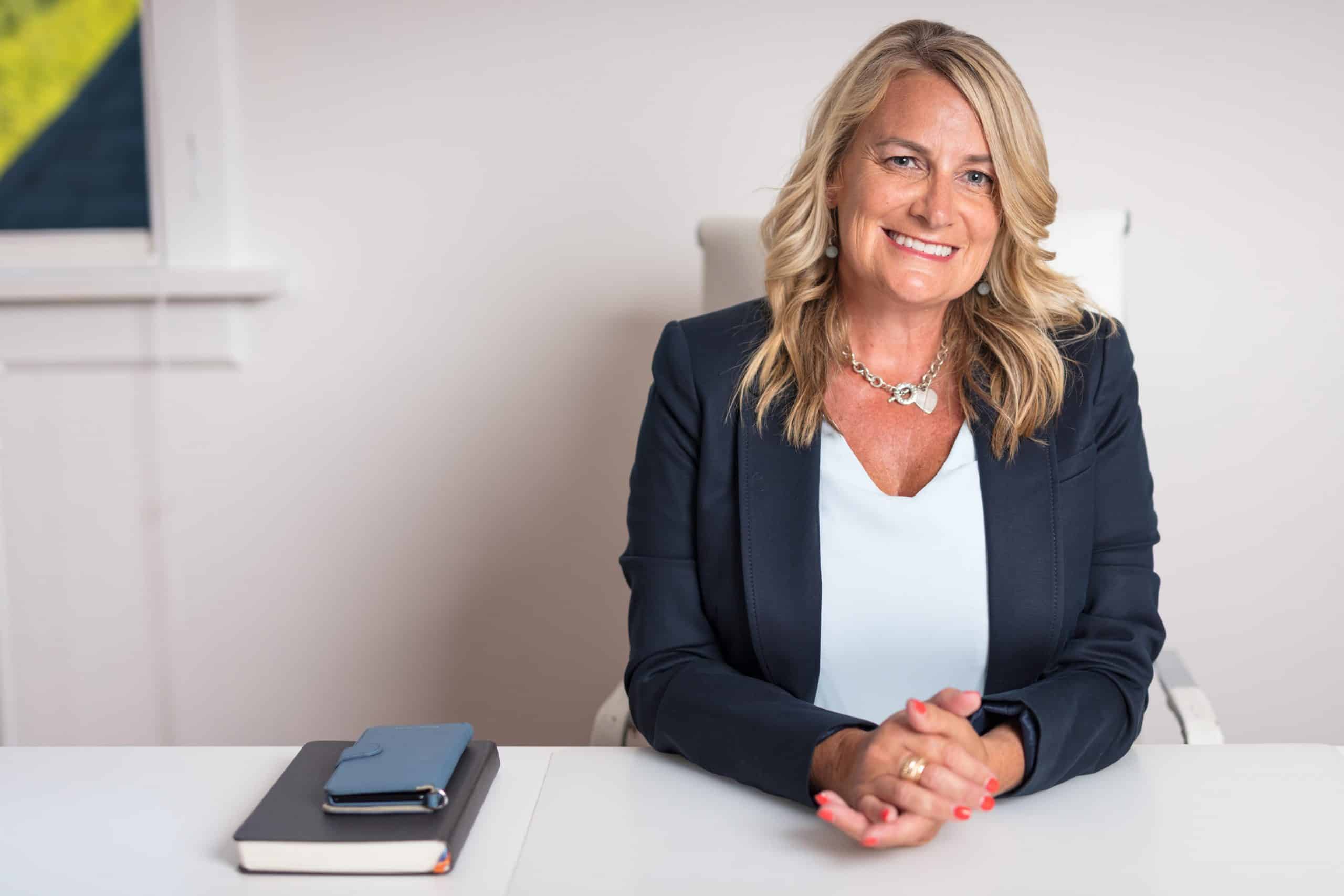Posts

How Well Have You and Your Company Adapted in 2020?
Being Adaptable is Critical
2020 has proven how adaptable we…

Be accountable – no excuses!
Focus on Accountability
In March 2020, when the spread of the…

Resilience Is Your Superpower
Jenny Reilly On Resilience
Jenny Reilly discusses the importance…

Leaders Watched Globally and Evaluated – the US Presidential Election
The US Presidential Election
Were you like me last night, glued…

Business Owner, Entrepreneur or Intrepreneur – let's have the same objectives!
Professional Growth for Business Owner, Entrepreneur and Intrepreneur
Working…

